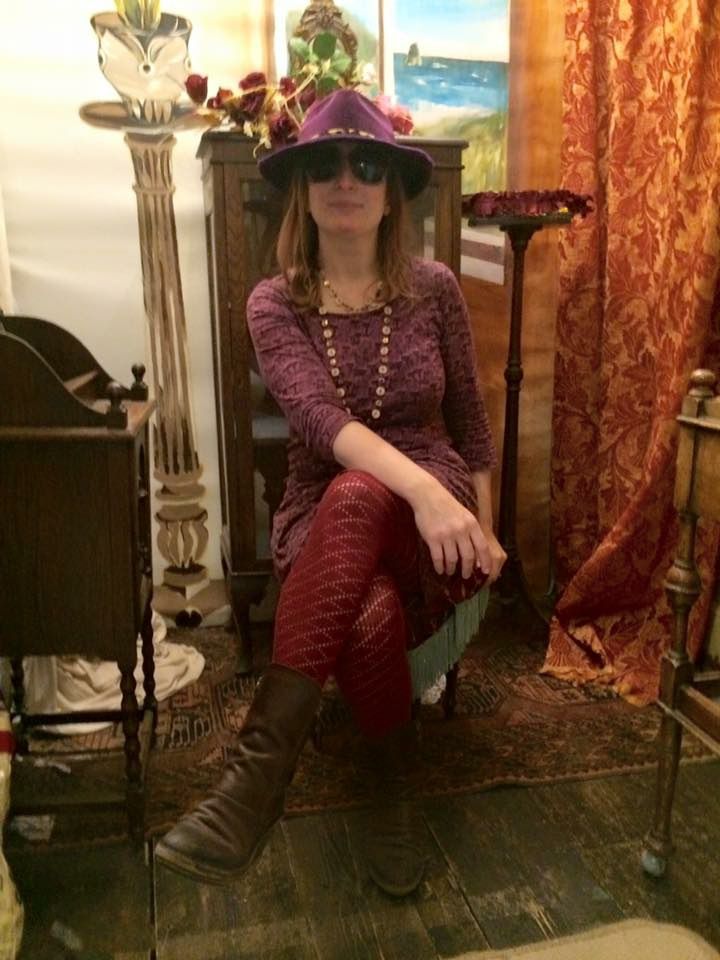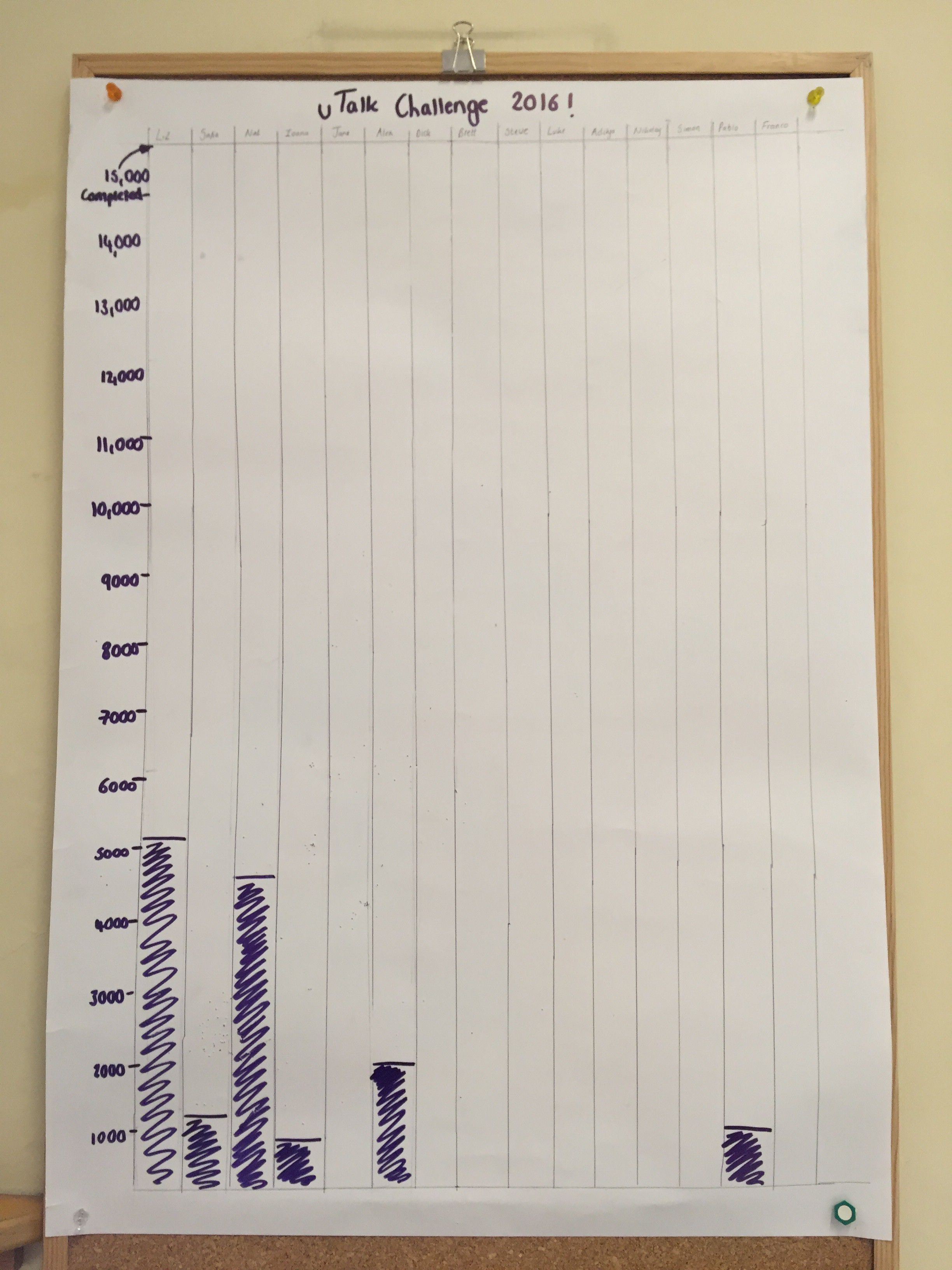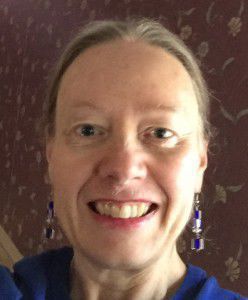10 famous faces who speak other languages
We’ve posted previously about movie and sport stars who speak other languages. But it turns out they’re not the only famous linguists, so here are a few more. Prepare to be impressed…
Audrey Hepburn
There was much more to the star of Roman Holiday and Breakfast at Tiffany’s than her movie career. Audrey Hepburn was well known for her charity work with UNICEF, and after spending her childhood in Belgium, Britain and the Netherlands, she was also fluent in English, Dutch, French, Italian, Spanish and German.
Rita Ora
Rita Ora was born in Kosovo (then called Yugoslavia) to Kosovar-Albanian parents, moving to London when she was a year old. The pop star, model and X Factor judge speaks Albanian fluently and is proud of her heritage; last year she was named an honorary ambassador for the Republic of Kosovo.
Ellen Macarthur
Former yachtswoman Dame Ellen Macarthur learnt to speak French when she was 21 and living in a French boatyard while she prepared for a solo transatlantic race. She’s now fluent and says she would never have been so successful in her career without knowing the language, which helped her build relationships with other sailors and gain sponsorship.
Eddie Izzard
Comedian (and record-breaking marathon runner) Eddie Izzard is currently touring with his stand-up show Force Majeure, which he performs three times a night, in three languages: French, German and English. In 2014, he was named the Guardian’s public language champion, and told the newspaper: “There’s a political basis for me to learning other languages, because if we don’t come together in the world then the world’s not going to make it.”
JK Rowling
JK Rowling studied French and Classics at university, and when she came up with the idea for the Harry Potter series in 1990, she was working as a bilingual secretary for Amnesty International. She later moved to Portugal and split her time between teaching English as a foreign language and writing the best-selling books.
Mark Zuckerberg
The Facebook founder surprised everyone in 2014 when, during a visit to Tsinghua University in Beijing, he started speaking Mandarin – and continued for half an hour. Though his efforts got a mixed reception from the press, the audience seemed delighted – and we were pretty impressed, too.
Jon Heder
The star of Napoleon Dynamite is a member of The Church of Jesus Christ of Latter-day Saints, and served a two-year religious mission to Japan after high school, where he became fluent in the language. And though he now describes himself as “a little rusty”, he still sounds pretty good to us.
Tim Peake
Tim Peake is the first British astronaut to go to the International Space Station – but before leaving Earth he had to learn Russian (the language of the controls in the Soyuz capsule used to get to the ISS), and has described this as the hardest part of his 14 months’ training.
Tom Hiddleston
Okay so we already mentioned Tom Hiddleston in our last post, but frankly, we never get bored of listening to him speaking loads of languages – among them French, Spanish, Greek and Italian, plus some Mandarin, Russian and Korean. And he studied Latin at university…
Viggo Mortensen
The Lord of the Rings star was born in New York, but spent his childhood in Venezuela, Denmark and Argentina, leaving him fluent in English, Spanish and Danish. He also speaks some French and Italian, and understands Norwegian and Swedish.
Does your favourite celebrity make the list?
Junior Language Challenge: fun for the whole family!
Isobel Eason from Hartlepool qualified for the Junior Language Challenge final two years in a row, and came third last year, with her proud family cheering her on. Here her mum Vickie shares their experience of the competition…
If you’re a parent or teacher of children aged 10 and under in the UK, visit juniorlanguagechallenge.com to find out more about our annual competition, which is now open! Entry costs just £5, which is all donated to our fantastic charity, onebillion.
The Junior Language Challenge has been an amazing experience from start to finish. My daughter Isobel thoroughly embraced the challenges and new languages that it offered.
Isobel qualified for the final in each of the last two years. The first year was a daunting experience but being one of the youngest to qualify that year did not put her off. As a family we all learnt along with her, even creating songs and rhymes to help her learn some of the trickier phrases. We sometimes still all sing them on the way to school on a morning whenever something reminds us of the languages she studied. She did really well in the final that year, finishing just outside the top 15.
The following year was a different story for Isobel. We noticed a real difference in the way she approached learning the new languages and every spare minute she had she spent practising. Mandarin has to have been one of her favorites. The final was very different as we all knew what to expect. I was dreading the leaderboard the most, it’s horrible to see the children moving up and down and I don’t know how Isobel managed to block it out. We were overjoyed when she made the final round, though we spent the entire final on the edge of our seats! I was so nervous for her but she was amazing, and her face when she had finished and looked at the scoreboard was an absolute joy. She had finished third! All of her hard work and determination had paid off.
I was amazed throughout at how quickly she picked up the different languages. The JLC and their fantastic team of people has provided Isobel with an invaluable experience, learning six languages over the last two years whilst also supporting the very worthy onebillion charity. It’s been an adventure that none of us will ever forget and one that we can’t recommend highly enough.

#uTalkChallenge – how did we do in week 1?
So, we’re a week into the uTalk Challenge… Thank you to everyone who’s thrown themselves so enthusiastically into learning a new language this month – we’ve been really impressed with your commitment and fantastic scores.
You may remember that we EuroTalkers are also joining in, learning a variety of languages for lots of different reasons. And because we’re a competitive bunch, we’ve set up a scoreboard in the office – right now, Liz and Nat (both learning Welsh) are in the lead, but that could all change over the weekend…
Each week, we’ll be sharing a video update in which a few of us will share what we’ve been learning. For week 1, we’ve got Safia (learning Mandarin Chinese), Ioana (learning Argentinian Spanish) and Liz (learning Welsh). How did we do?
If you’d like to share your own progress, please drop us an email to challenge@eurotalk.com, or – even better – send us your own video, like this brilliant one from Patricia!
Good luck, enjoy and have a great weekend 🙂



